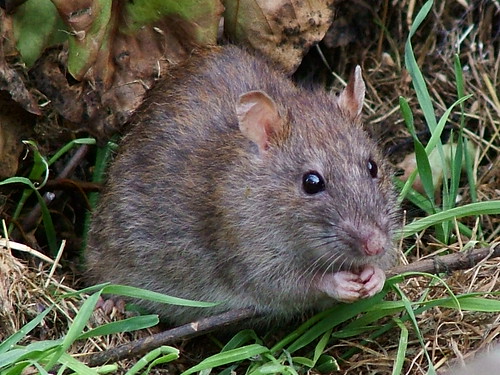Rodents cause millions of dollars in damages to field crops, stored grain and farm equipment each year. In addition, they are the major carrier for more than 60 diseases that are transmissible to humans, companion animals, and livestock.
In the new book titled, “Agricultural Production,” by Nova Science Publishers, Inc., Felix C. Wager (editor), researchers from the USDA and the International Rice Research Institute (IRRI) present a review of the latest information on rodent damage management as it relates to worldwide agricultural production. The review can be found here.
“Rodents pose one of the most serious threats to food production worldwide, but indiscriminately removing rodents from ecosystems is not always the best management option,” states Dr. Gary Witmer, lead author and research wildlife biologist at the USDA-APHIS National Wildlife Research Center. “Sustainable agriculture attempts to ensure the profitability of farms while preserving and protecting the environment upon which they depend.”
Traditional approaches to rodent population and damage management have relied on direct reduction of populations using rodenticide baits or rodent traps and modifying the habitat to be less suitable for rodents. Recently, the use of an ecologically-based rodent management system (EBRM) that is tailored to the rodent species, agricultural system, and local habitat is gaining more support from researchers and agricultural specialists.
“The key to the EBRM is to reduce important resources needed by rodents, such as food and nesting sites at critical times of the year through habitat modification,” notes co-author Dr. Grant Singleton from the IRRI. “The emphasis is on a lower reliance on rodenticides and more community-wide habitat management approaches.”
Witmer and Singleton note the EBRM approach may still involve the use of lethal methods, such as rodenticides, and research is critical to finding new rodenticides as well as make existing rodenticides more effective and less hazardous to non-target animals and the environment.

